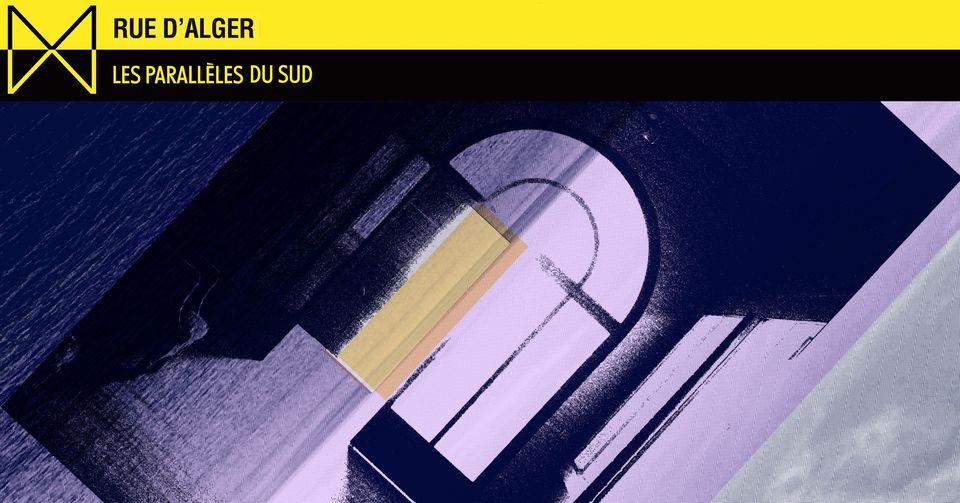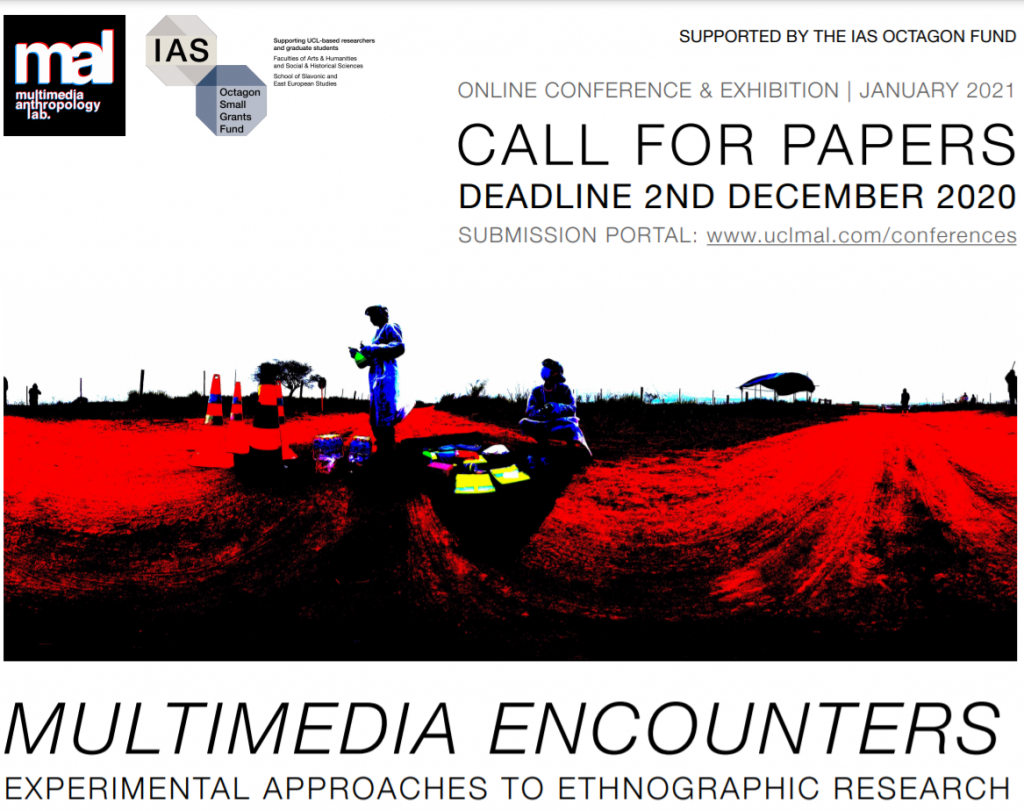Conference for the celebration of the bicentennial of the 1821 Greek Revolution
September 24-26 (new date), 2021, Thessaloniki, Greece
Co-organized
by:
Folklore and Ethnological Museum of Macedonia-Thrace
Department of Balkan, Slavic and Oriental Studies, University of Macedonia
Laboratory for the Study of Culture, Borders and Gender, (Department of BSΟS, University of Macedonia)
Department of Music Science and Art, University of Macedonia
Section of Folklore, Department of History and Archaeology, University of Ioannina
CALL FOR PAPERS
It is common knowledge in the social sciences that collective
identities are neither eternal nor fixed. They are fluid, historically shaped,
and object of management and negotiation by collective and individual actors.
It is also common ground that national identities have been formed during
modernity when the nation-state emerged as an essential and dominant political
organization unit.
The outset of the relationship between the nation’s
collectivity and the state’s territoriality is traced in the historical period
of the industrial and urban revolution in Europe. However, this relationship is
redefined continuously and shapes, historically, the dominant narrative around
national identity, national origin, and the way the nation and the modern
collective self are constructed.
In Greece, despite the debates and different perspectives,
the view of the pre-existing cultural community of Hellenism is commonly
accepted, and it is reconstructed on a new ground after the national liberation
struggles and the establishment of the modern Greek state.
The conference explores ways of constructing the community
through performative expressions of collective identities, as they become
visible in the institutional discourse, public events, rituals, and symbols
used by the state and citizens to (re)produce the nation. These are contexts
and processes in which experiences of the self, the collective, the national
belonging, and the citizen are produced through interactions, hegemonic
discourses, experiences of power, symbolic meanings, and embodied practices.
The concept of performance is chosen as the appropriate
theoretical and analytical framework to study complex and multilevel forms of
social action and different cultural practices that shape, reproduce or even
challenge the multiple discourses and embodied ways in which national identity
is constructed.
The conference will host presentations (in Greek or English)
and discuss the issue of national identity, focusing on institutions’ role and
various forms of performance in the context of institutional discourse, social
interaction, and various bodily practices. Indicative thematic areas are as
follows:
• Collective, state, and private
institutions (e.g., educational institutions, museums, associations, cultural
associations)
• Religion, rituals, celebrations,
and symbols
• Communities, borders and
boundaries
• Space, architecture, monuments,
and memory
• Family, kinship, and gender
• Material culture, nutritional
practices, customary life
• Language, arts, dance, music,
songs, costumes, sports
• Technology, media, digital and
audiovisual culture
The invitation is aimed at social sciences and humanities
researchers (Social Anthropology, Folklore, History, Sociology, Cultural
Studies, etc.) who employ case studies and critical thinking to highlight the
meanings and limitations, and dynamics of national identity performances in
contemporary times.
Submission of applications – Information
• Summary of up to 250 words
(in Greek or English) with the title of the presentation
• Contact details: name, scientific
status, email address
• Conference languages: Greek,
English
• Deadline for the abstract
submission: November 30, 2020
E-mail: lemmth.vsas.synedrio2021@gmail.com
Eleni Gelani, PhD Candidate in Folklore and
Social Anthropology, Aristotle University of Thessaloniki
Scientific Committee
- Vassilis Nitsiakos, Professor of Social Folklore, University of Ioannina
- Fotini Tsibiridou, Professor of Social Anthropology, University of Macedonia
- Eftichia Voutira, Professor of Social Anthropology, University of Macedonia
- Eleni Gavra, Professor of Housing and Cultural Heritage in the Balkans and the Black Sea, University of Macedonia
- Alexandra Ioannidou, Professor of Modern and Contemporary Slavic Literatures and Culture, University of Macedonia
- Eleftheria Deltsou, Associate Professor of Social Anthropology, University of Thessaly
- Ioannis Manos, Associate Professor of Social Anthropology, University of Macedonia
- Stavroula – Villy Fotopoulou, Head of the Directorate of Modern Cultural Heritage, Ministry of Culture
- Marilena Papachristoforou, Associate Professor of Social Anthropology and Folklore, University of Ioannina
- Eleni Kallimopoulou, Assistant Professor of Ethnomusicology, University of Macedonia
- Eleni Sideri, Assistant Professor of Social Anthropology, University of Macedonia
- Stratos Dordanas, Assistant Professor of Modern and Contemporary History, University of Macedonia
Organizational committee
- Vassilis Nitsiakos, Professor of
Social Folklore, University of Ioannina
- Ioannis Manos, Associate Professor of
Social Anthropology, University of Macedonia
- Eleni Kallimopoulou, Assistant
Professor of Ethnomusicology, University of Macedonia
- Ioannis Drinis, Head of the Department
of Intangible Cultural Heritage and Intercultural Affairs, Ministry of Culture
- Eleftheria Deltsou, Associate
Professor of Social Anthropology, University of Thessaly
- Elina Kapetanaki, Dr. Social
Anthropology, Postdoctoral Researcher, University of Macedonia
- Eleni Bintsi, Head of LEMM-TH
- Eleni Gelani, PhD Candidate in
Folklore and Social Anthropology, AUTh.
- Sotiris Souloukos, PhD Candidate in
Religious Studies, AUTh.


